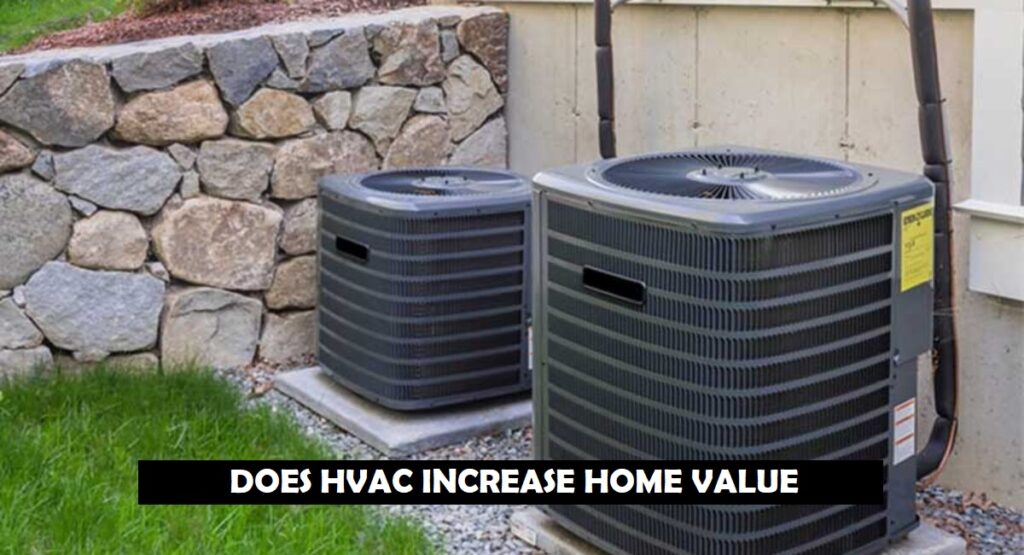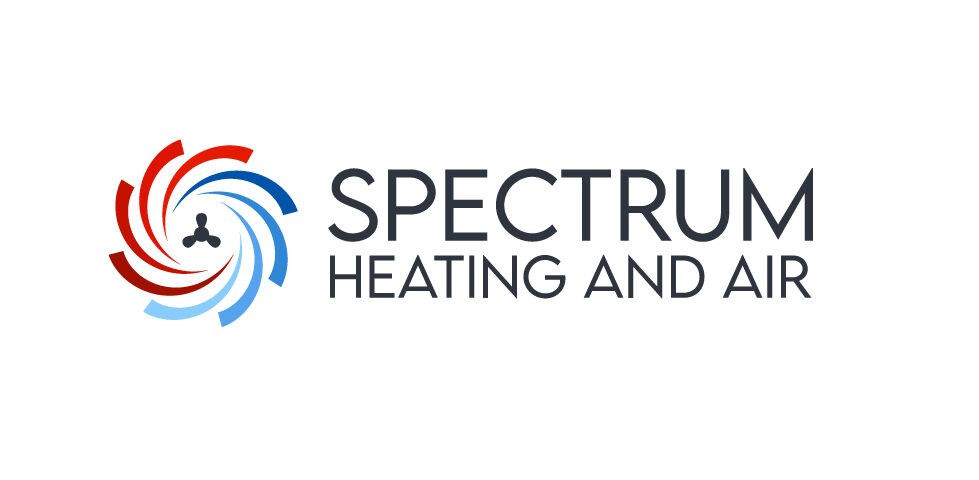When it comes to homeownership, one of the critical factors many people consider is the value of their property. A home is a significant investment, and homeowners often seek ways to increase its value over time. One question that frequently arises is whether investing in an HVAC (Heating, Ventilation, and Air Conditioning) system can contribute to a home’s value. In this article, we will explore the impact of HVAC on home value, the factors to consider before installation, the types of HVAC systems available, and how homeowners can increase their property’s value through HVAC upgrades.

The Impact of HVAC on Home Value
Energy Efficiency and Cost Savings
One significant factor that influences home value is energy efficiency. HVAC systems that are energy-efficient help reduce utility bills, which is a significant advantage for potential homebuyers. Energy-efficient HVAC units consume less energy while maintaining optimal performance, making them attractive to eco-conscious buyers looking to save on utility costs in the long run.
Improved Indoor Air Quality
Another way HVAC systems can increase home value is by contributing to improved indoor air quality. High-quality HVAC filters can effectively remove pollutants, allergens, and contaminants from the air, ensuring a healthier living environment for residents. Homes with better indoor air quality are likely to be more appealing to buyers concerned about their well-being and respiratory health.
Market Demand and Buyer Perception
Homes equipped with modern HVAC systems are more likely to attract potential buyers. In today’s competitive real estate market, HVAC is considered an essential feature by many home seekers. A well-maintained and efficient HVAC system can leave a positive impression on buyers, influencing their perception of the overall value of the property.
Home Appraisal and Valuation
Appraisers often take into account the presence and condition of HVAC systems when determining a property’s value. An adequately functioning HVAC system can positively impact a home’s appraised value, especially in regions with extreme weather conditions. On the other hand, a poorly functioning or outdated system may lead to a lower appraised value.
Factors to Consider Before Installing HVAC
Before rushing to install an HVAC system, several factors should be carefully considered to ensure the investment aligns with the property and the homeowner’s goals.
Home Location and Climate
The climate of the region where the home is located is a crucial factor. In areas with extreme temperatures, a robust HVAC system is essential for comfort and value. However, in milder climates, homeowners may explore more cost-effective options.
Existing Heating and Cooling Solutions
If the property already has a heating and cooling solution, it’s important to assess its condition and potential lifespan. Upgrading or replacing existing systems might be more economical than installing an entirely new HVAC system.
Budget and Return on Investment
Homeowners should establish a budget for the HVAC installation and consider the potential return on investment. While HVAC upgrades can increase home value, it’s essential to strike a balance between investment and expected appreciation.
System Sizing and Capacity
Proper sizing of the HVAC system is crucial to ensure optimal performance and energy efficiency. Consulting with HVAC professionals can help determine the appropriate system size and capacity for the home.
Types of HVAC Systems
Several types of HVAC systems are available, each with its advantages and suitability for specific scenarios.
Central Heating and Cooling
Central HVAC systems are the most common type, providing both heating and cooling through a network of ducts. These systems are well-suited for larger homes and offer consistent temperature control throughout the entire property.
Ductless Mini-Split Systems
Ductless mini-split systems are a popular choice for smaller homes or areas with limited ductwork. These systems allow for individual temperature control in different rooms, providing enhanced comfort and energy efficiency.
Geothermal Heat Pumps
Geothermal heat pumps are highly efficient and environmentally friendly. They utilize the stable temperature of the earth to heat and cool homes, resulting in significant energy savings.
Hybrid Systems
Hybrid HVAC systems combine traditional heating and cooling methods with newer technologies, such as heat pumps. These systems automatically switch between methods based on efficiency and weather conditions.
Increasing Home Value with HVAC Upgrades
Once an HVAC system is in place, homeowners can further enhance their property’s value by considering the following upgrades:
Smart Thermostats and Home Automation
Smart thermostats offer advanced features like remote control and learning capabilities, optimizing energy usage and enhancing convenience. Homebuyers are often attracted to properties with smart home technologies.
High-Efficiency HVAC Units
Investing in high-efficiency HVAC units can significantly lower energy consumption and operating costs. Additionally, many buyers prioritize eco-friendly features that align with their sustainability goals.
Zoning and Individual Room Control
Zoning systems allow homeowners to adjust temperature settings in different areas of the house independently. This customization adds to the comfort level and energy efficiency of the home.
Solar-Powered HVAC Solutions
Solar-powered HVAC systems harness renewable energy from the sun, reducing reliance on the electrical grid. This green feature can increase the property’s appeal to environmentally conscious buyers.
DIY vs. Professional HVAC Installation
While some homeowners may consider a DIY approach to save on installation costs, HVAC systems are complex and require professional expertise for optimal performance and safety. Hiring qualified HVAC technicians ensures proper installation and reduces the risk of potential problems down the line.
The ROI of HVAC Upgrades
Understanding the return on investment (ROI) of HVAC upgrades is essential for homeowners looking to boost their property value.
Cost of Upgrades vs. Home Value Increase
Homeowners should evaluate the cost of HVAC upgrades and the potential increase in home value. Ideally, the value gained should exceed the investment made.
Real Estate Market Trends
Consider the current real estate market trends and the demand for homes with upgraded HVAC systems in your area. Studying local market conditions can help gauge the potential impact on home value.
Long-Term Benefits for Homeowners
Besides increasing home value, HVAC upgrades can provide long-term benefits, such as reduced energy bills and improved comfort, which contribute to overall homeowner satisfaction.
Environmental Impact and Green Home Value
As environmental awareness grows, more homebuyers are seeking eco-friendly properties. Homes equipped with energy-efficient HVAC systems and green features often command higher values in the market.
Common Misconceptions about HVAC and Home Value
There are several misconceptions regarding HVAC’s impact on home value, including the belief that HVAC has little influence or that investing in HVAC isn’t worth the expense. This article has demonstrated that HVAC indeed affects a home’s value, and strategic upgrades can yield considerable returns.
In conclusion, HVAC systems play a significant role in determining a home’s value. Energy efficiency, indoor air quality, and buyer perception are among the key factors that make HVAC upgrades a worthwhile investment. Homeowners should carefully consider their options, seek professional advice, and choose the HVAC system that best aligns with their property and long-term goals.




